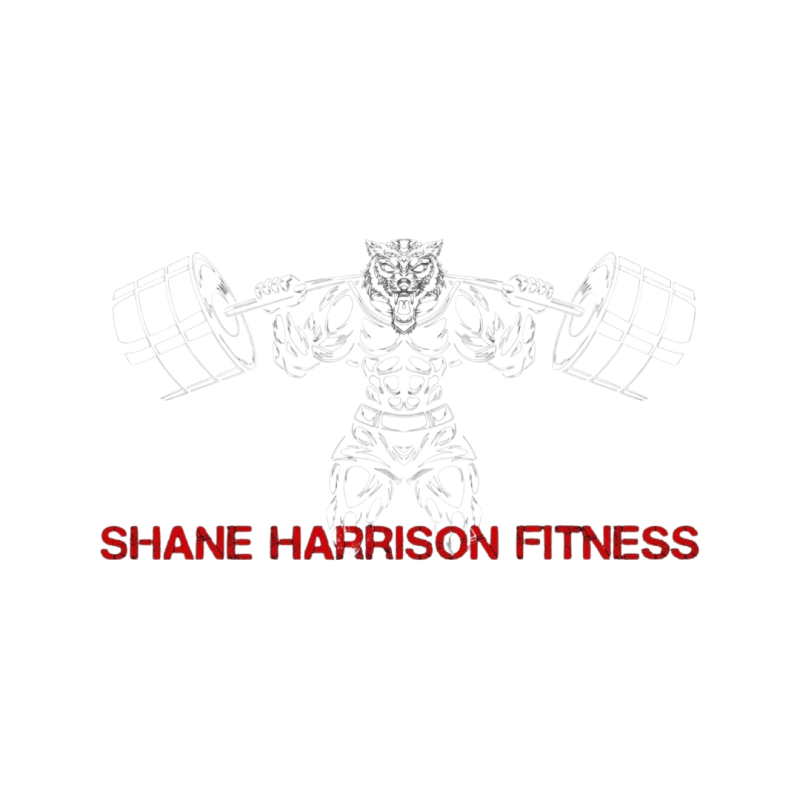
HELPFUL FORMS
The following forms are designed to help us work together more easily:
this document includes suggested topics, including outlining how your programme works, specialist terminology, gym etiquette, guidelines on workouts, sleep and safety.
Crucially, there’s scope for clients to record the effectiveness of their current regime, as well as setting projections for what they would like to achieve in the future. Research supports the idea that formalising goal setting, as well as finding the driving “why” behind the goals can improve adherence to exercise and nutrition programmes, and therefore improve success rates.
If you are a first-time client, please print this form, complete it, and bring it along to our first session.
Client Lifestyle Questionnaire
This fully customisable form encourages clients to report on the lifestyle factors which are useful for considering the impact of personal training in the context of wider health markers. It has questions relating to work, sleep, stress levels, as well as a deep dive into their current exercise and nutrition habits.
This form will help you clarify your goals for your overall health and vitality, including our time together.
This document lays out the expectations between the client and the personal trainer. It allows you to formally share information about how you conduct the training process and your philosophy as a personal trainer about your values. It outlines the coaching process - which is useful for people who may not have received support before.
This personal trainer client tracking spreadsheet can be particularly useful for clients who are resistant to using apps or find it difficult to make tracking their food a habit. Can be edited to include extra information where appropriate, such as hormonal cycles or mood tracking if the client requests help with emotional eating.
The questions ask the client to identify goals which remain unmet and areas which could be improved going forward, which shifts the responsibility for problem-solving onto the client. This is an important step because when clients have identified a possible solution themselves, they will be fully on-board with using their own suggested methods of solving any issues they have.
This is such an important part of the coaching process, and it’s so easy to get it wrong despite both parties having the best intentions. This form, completed at the beginning of the coaching relationship, can help to clarify what course of action the client would like the personal trainer to take if they aren’t doing what they need to. It suggests ways that the client might want to manage a lack of compliance and a way to review the coaching relationship after a number of days. This level of accountability discussed at the outset of the training relationship shows a real commitment to managing any roadblocks.
This new client intake form template outlines a number of agreements between the trainer and the client which are useful to have in place in advance of the start of the training sessions. They include a commitment agreement, your personal trainer pricing sheet, what happens in the event of a late start or no-show, your policy on refunds, as well as the way you would like to get paid.
This form details the agreement of the payment schedule. It includes information about the fee, payable monthly (or customisable to whatever schedule you use in your personal training business). It details the payment options available (PayPal, bank transfer, direct debit etc), as well as the cancellation schedule.
This medical release form may be necessary for clients who need medical clearance from their GP before starting a personalised exercise programme. It invites the doctor to indicate if training is to be avoided when the patient has cardiovascular health problems and is taking medication to manage their symptoms.
This is a contract outlining the appointment, duties, invoices, payments, expenses, confidentiality, personal trainer legal requirements and legal rights and responsibilities of the trainer. It’s written to outline the relationship between the personal trainer and the gym facility they work at and could be edited to reflect the details of that relationship such as rent arrangements or hours worked in lieu.
This form is written in the style of a friendly letter or email. It congratulates the client on the progress they’ve made so far and invites them to refer your services to a friend or colleague that would also be a good fit.
The physical activity readiness questionnaire (PARQ) is probably the most essential form for your coaching pack. It’s a straightforward form which should be completed before any physical activity is undertaken, and is the document which clears your client as safe to embark on a physical exercise regime.
this form outlines a general statement of the objectives of the online training programme as well as the procedures that will be followed to achieve them. There is a short section outlining the potential risks of the training programme - which are important in a remote training context when your client is working without your immediate supervision.
Note: To download Adobe Acrobat Reader for free, click here.